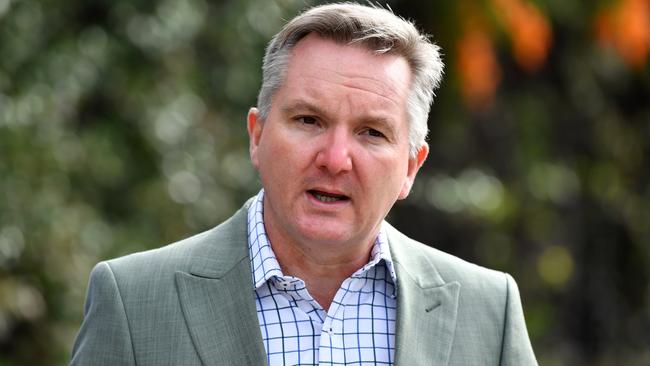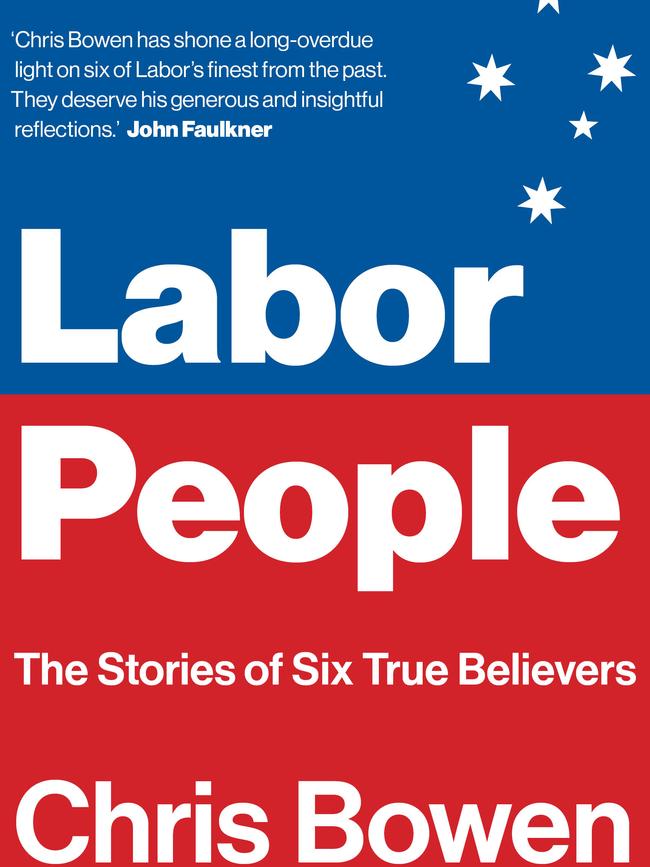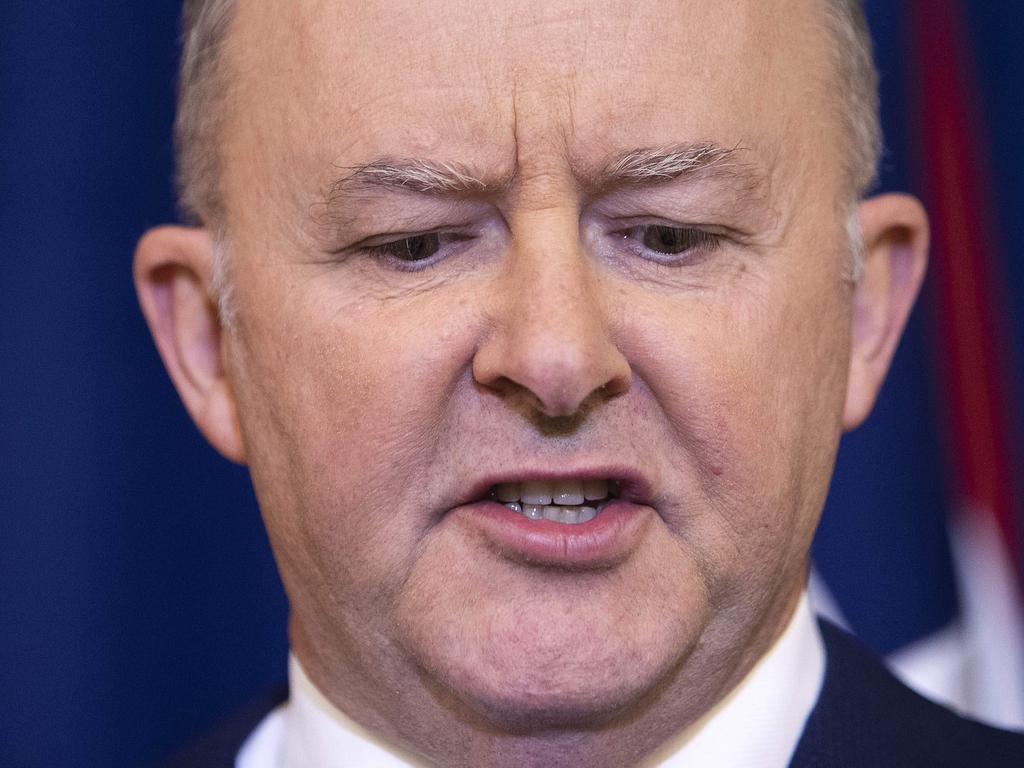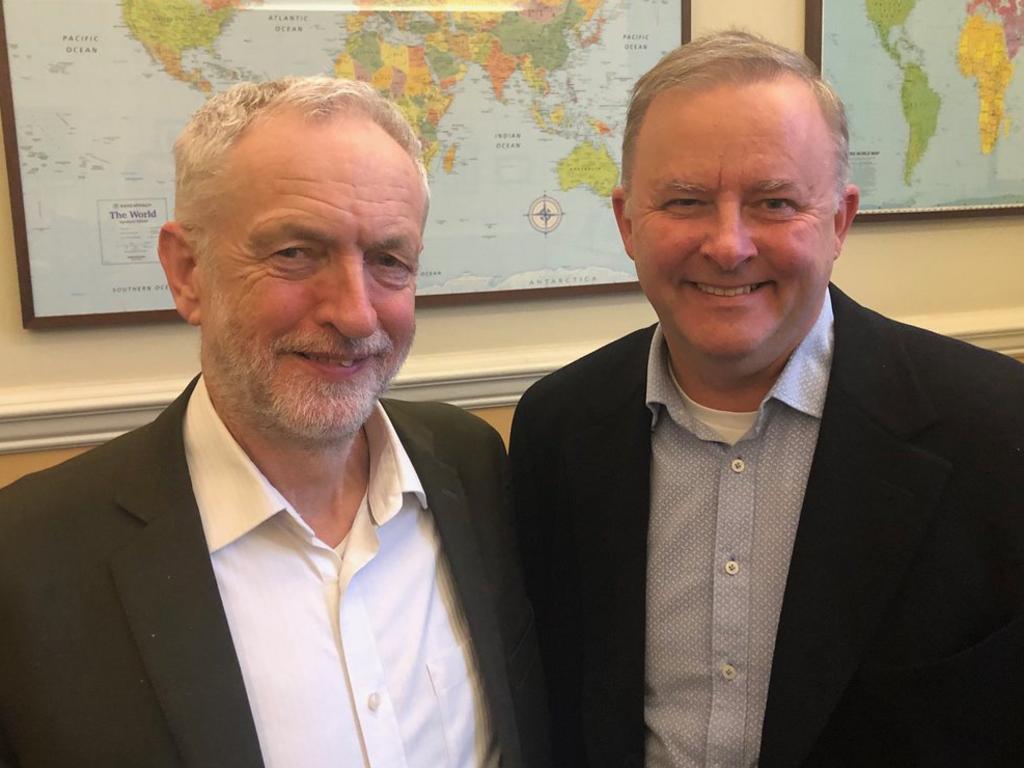The Labor legends you’ve probably never heard of
The unsung heroes of the Left are finally getting some recognition.

Chris Bowen’s family could be forgiven for wondering why he spent his spare hours typing away on a laptop about “long-dead Labor figures” for his latest book. But the western Sydney Labor MP is not focused on icons or legends. Instead, he profiles six of the party’s quiet achievers, the largely unacknowledged and unrewarded.
They are: Gregor McGregor, the party’s first federal deputy leader; Lilian Locke, the suffragist and women’s campaigner; Frank Tudor, the party’s forgotten federal leader; John Dedman, the reforming minister of the 1940s; Gertrude Melville, the first female Labor MP in NSW; and Ken Wriedt, the party’s Senate leader during the constitutional crisis of 1975.
Bowen is one of Labor’s most cerebral MPs. He sees himself as a champion of working and middle-class Australians living and working in the outer suburbs. He has held a variety of ministerial portfolios, including treasurer, was the party’s acting leader after the 2013 election and has not hidden his ultimate ambition to lead the party one day.
This is his fourth book. It follows Hearts and Minds (2013), which grappled with Labor’s structure, purpose and policies, written as the Rudd-Gillard government cascaded to defeat; The Money Men (2015) which profiled Australia’s most notable treasurers; and On Charlatans (2021) which examined the rise of right-wing populism in Australia and overseas.
In Britain, MPs from across the parties write books on history, biography, art, music, literature, philosophy and policy. Many keep diaries to publish later. Bowen fits into this political culture which has, regrettably, not been fully replicated here.
We should welcome MPs who turn their minds to writing books. It requires discipline, focus and deep thinking. Too many politicians simply get lost in day-to-day politics, governed by a relentless media cycle and often feel compelled to fuel it with instant reactions, commentary and controversy.
In his new book, Labor People, Bowen offers a “history from below” approach to collective biography. The purpose is to rescue from obscurity a range of party pioneers and tell their stories afresh for a modern audience. It is similar to British historian Kenneth O. Morgan’s Labour People (1987), which profiled party philosophers, unionists and officials, alongside ministers and leaders.
“Labor has a rich written history,” Bowen writes. “There are thousands of books already written. They tend to focus on the big names or the big dramatic moments: the election wins, the reforms, the splits, the challenges. But the history of the Labor Party is a lot more complex and a lot richer than even this.”
McGregor (1848-1914) was in the first cohort of Labor MPs elected in the first federal election, in 1901. He was the party’s first deputy leader, serving under Chris Watson and Andrew Fisher, but was probably more influential as Labor’s Senate leader. The popular McGregor was a brilliant stump speaker and a loyal deputy. And, incredibly, he was blind by the time he was a minister.

Although Vida Goldstein and Catherine Spence are perhaps Australia’s most notable suffragettes, Bowen argues that no one deserves greater recognition than Locke (1869-1950). Her campaigns for women’s rights harnessed the authority of unions and the party. Unlike other female activists, her commitment to a political party was total. She saw Labor as a vehicle for reform.
When Labor split over conscription in 1917, Billy Hughes walked out of caucus with his supporters and formed a new party. Labor turned to Tudor (1866-1922) as leader. He was hopelessly ineffective and led the party to two massive election defeats. He had little authority and struggled to unite the party. But his death, while still leader, led to considerable public sympathy. Bowen is kind to Tudor because he ensured a split party did not totally disintegrate.
Few ministers have been more consequential than Dedman (1896-1973). He was responsible for organising industry and the CSIRO during World War II and oversaw the reconstruction program and transitioning the defence forces post-war. He was a member of parliament for less than 10 years but a minister for most of this time. Bowen describes him as “a good Labor man” but he was less tribal than others. Indeed, he had once been a Country Party candidate. Dedman was, above all, a patriot and his loyalty to John Curtin and Ben Chifley was higher than it was to the party.
Melville (1884-1959) was another campaigner for women’s rights, improved public health and social welfare, and housing. She was a local alderman and mayor. After failing to win election to the NSW Legislative Council, she filled a vacancy in the Legislative Assembly in 1952 and served until 1958. Melville turned the chamber into her personal bully pulpit and continued her campaigning.
Wriedt (1927-2010) was a minister and Senate leader in the Whitlam government. He is remembered, as Bowen says, for a phone call he did not receive and a meeting he was not invited to. Kept in the dark about Gough Whitlam’s dismissal, Wriedt thought he had achieved a victory when the Coalition agreed to pass the budget. It was farcical and tragic. But Wriedt was a respected minister who later had a second act in Tasmanian politics. Bowen argues, convincingly, that he is more than a historical footnote.
Bowen’s research is thorough. He has an eye for detail and anecdotes, and an acute understanding of caucus dynamics, parliamentary procedure, and party undercurrents and subtleties. It makes for an informed and very readable collection of pen portraits. But it is a pity there are no photos.
This book is dedicated to Labor’s true believers who have kept the faith during the party’s exhilarating highs and depressing lows. But it serves a purpose beyond nostalgia and myth-making. It is a worthy contribution to our political history which rediscovers six men and women who have been mostly forgotten but nevertheless made their mark on our national story.
Chris Bowen’s Labor People: The Stories of Six True Believers is published by Monash University Publishing.







To join the conversation, please log in. Don't have an account? Register
Join the conversation, you are commenting as Logout